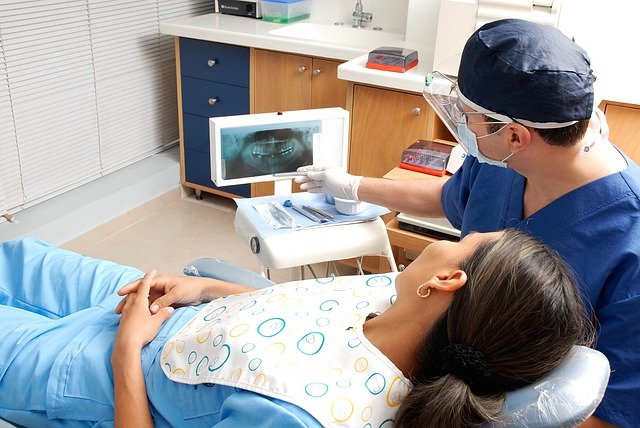Medical Billing & Coding Degree: Education and Career Opportunities
Medical billing and coding is a vital component of the healthcare industry, serving as the bridge between medical providers and insurance companies. This field offers promising career opportunities for those interested in healthcare administration without direct patient care. A degree in medical billing and coding can open doors to various roles within the healthcare sector, providing a stable and rewarding career path.

How to Become a Certified Medical Biller and Coder?
Becoming a certified medical biller and coder requires a combination of education and practical experience. The first step is to complete a medical billing and coding program, which can be obtained through various educational institutions. These programs typically cover topics such as medical terminology, anatomy, physiology, and healthcare reimbursement methods.
After completing the educational requirements, aspiring professionals must pass a certification exam. The most recognized certifications are offered by organizations like the American Academy of Professional Coders (AAPC) and the American Health Information Management Association (AHIMA). These certifications, such as the Certified Professional Coder (CPC) or Certified Coding Specialist (CCS), demonstrate proficiency in the field and can enhance job prospects.
Medical Coding and Billing Courses with Certification
Many institutions offer medical coding and billing courses that lead to certification. These programs can range from certificate courses to associate degrees, depending on the depth of study and time commitment. Some popular options include:
-
Community college programs: Often offering both certificate and associate degree options.
-
Online schools: Providing flexible learning options for working professionals or those with other commitments.
-
Technical schools: Focusing on hands-on training and practical skills development.
These courses typically cover essential topics such as medical terminology, coding systems (ICD-10, CPT, HCPCS), healthcare law and ethics, and electronic health records. Upon completion, students are prepared to sit for certification exams offered by professional organizations in the field.
Advanced Medical Coding Certification Courses
For those looking to specialize or advance their careers, advanced medical coding certification courses are available. These courses cater to experienced professionals seeking to expand their knowledge and skills in specific areas of medical coding. Some advanced certifications include:
-
Certified Coding Specialist - Physician-based (CCS-P): Focusing on coding for physician practices and clinics.
-
Certified Documentation Improvement Practitioner (CDIP): Specializing in improving clinical documentation accuracy.
-
Certified Professional Medical Auditor (CPMA): Concentrating on auditing medical coding for compliance and accuracy.
These advanced certifications can lead to higher-level positions and increased earning potential within the medical billing and coding field.
Medical Billing and Coding Diploma Courses
For those seeking a quicker entry into the field, medical billing and coding diploma courses offer a concentrated curriculum focusing on essential skills and knowledge. These programs typically take less time to complete than associate degrees but still prepare students for entry-level positions and certification exams.
Diploma courses often cover:
-
Medical terminology and anatomy
-
Coding systems and healthcare reimbursement
-
Electronic health records and healthcare information technology
-
Healthcare law and ethics
Upon completion of a diploma program, graduates can pursue entry-level positions in hospitals, clinics, or insurance companies, or continue their education with more advanced certifications or degree programs.
| Program Type | Duration | Certification Eligibility | Career Opportunities |
|---|---|---|---|
| Certificate | 6-12 months | Entry-level certifications | Medical coder, billing specialist |
| Diploma | 12-18 months | Entry-level certifications | Medical biller and coder, records technician |
| Associate Degree | 2 years | Advanced certifications | Health information technician, coding specialist |
| Bachelor’s Degree | 4 years | Management-level certifications | Health information manager, compliance officer |
Prices, rates, or cost estimates mentioned in this article are based on the latest available information but may change over time. Independent research is advised before making financial decisions.
The field of medical billing and coding continues to evolve with advancements in healthcare technology and changes in regulations. As such, ongoing education and recertification are often required to maintain credentials and stay current with industry standards. Whether pursuing a certificate, diploma, or degree, a career in medical billing and coding offers stability, growth potential, and the opportunity to play a crucial role in the healthcare system without direct patient care responsibilities.
This article is for informational purposes only and should not be considered medical advice. Please consult a qualified healthcare professional for personalized guidance and treatment.




